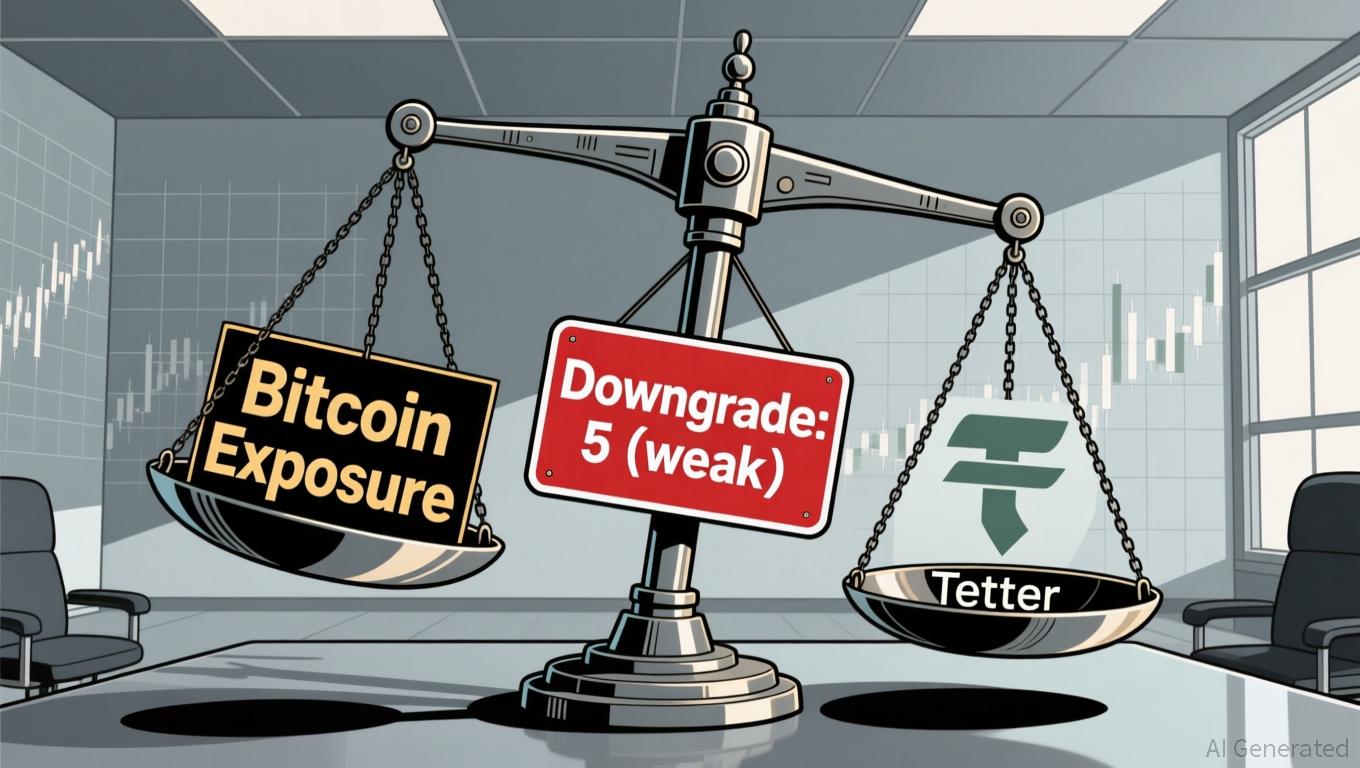Huma Finance and Arf Join Circle’s Payments Network
- Huma and Arf join Circle’s Payments Network.
- Enhancements in programmable finance noted.
- No immediate financial changes confirmed yet.
Huma Finance and Arf have joined Circle’s Circle Payments Network (CPN) as service providers, enhancing programmable finance capabilities. Arf specializes in same-day USDC settlement with support from Huma’s PayFi network, facilitating cross-border payment innovations.
Huma Finance and Arf have been announced as new service providers in Circle’s Payments Network , focusing on USDC settlement liquidity and programmable finance capabilities.
Circle’s expansion of its Payments Network, incorporating Huma Finance and Arf, highlights the firm’s commitment to broadening USDC transactions and cross-border settlement capabilities.
The collaboration sees Huma Finance and Arf joining Circle’s Payments Network (CPN). Arf specializes in same-day USDC settlement liquidity, powered by Huma’s PayFi network, expanding Circle’s programmable finance.
“Since our founding, Circle’s vision has been to make moving money as simple and efficient as sending an email. CPN is a significant step in making that vision a reality for businesses worldwide.” — Jeremy Allaire, Co-Founder and CEO, Circle
The inclusion of these entities is expected to impact USDC transaction volumes, with potential increases in demand for onchain liquidity, especially in regions that rely on Arf’s services.
Circle’s network expansion could influence the wider financial and programmatic transfer landscape. The focus remains on enabling seamless cross-border transactions, bolstered by the recent service provider integrations.
Circle’s history of collaboration with global financial institutions serves as precedent, suggesting improved liquidity and stablecoin adoption . The move solidifies Circle’s strategic alignment for future advancements in programmable finance and cross-border credit systems.
Disclaimer: The content of this article solely reflects the author's opinion and does not represent the platform in any capacity. This article is not intended to serve as a reference for making investment decisions.
You may also like
South Korea's Cryptocurrency Reform: Will New Regulations Enhance Confidence While Preserving Innovation?
- South Korea's National Assembly plans to enforce strict VASP regulations requiring criminal record checks for all major shareholders, including foreign investors. - The law mandates re-evaluation of existing VASPs, creating compliance challenges for smaller firms with complex ownership structures. - By extending oversight to global criminal records, the reform sets a potential international precedent and could reshape cross-border crypto investments. - While critics warn of stifled innovation, proponents

Bitcoin News Update: Tether’s Risky Asset Holdings Challenge Stablecoin Reliability
- S&P Global downgrades Tether's USDT to "5 (weak)" due to high-risk reserves and transparency gaps. - Tether's 5.6% Bitcoin exposure exceeds S&P's 3.9% overcollateralization threshold, risking undercollateralization if prices fall. - Tether defends practices with quarterly audits and $10B 2025 profit, dismissing the downgrade as outdated. - Recent crypto market turmoil and past stablecoin collapses highlight risks in opaque reserve management. - Tether's resilience amid crises contrasts with S&P's warning

Elon Musk's SpaceX moves 1,163 Bitcoin worth $105M

Trending news
MoreBitget Daily Digest (Nov 27) | Initial jobless claims for the week ending November 22 came in at 216,000; Nasdaq ISE proposes raising the IBIT option position limit to 1 million contracts; S&P Global downgrades USDT stability rating to the lowest tier, warning of Bitcoin exposure risks
South Korea's Cryptocurrency Reform: Will New Regulations Enhance Confidence While Preserving Innovation?